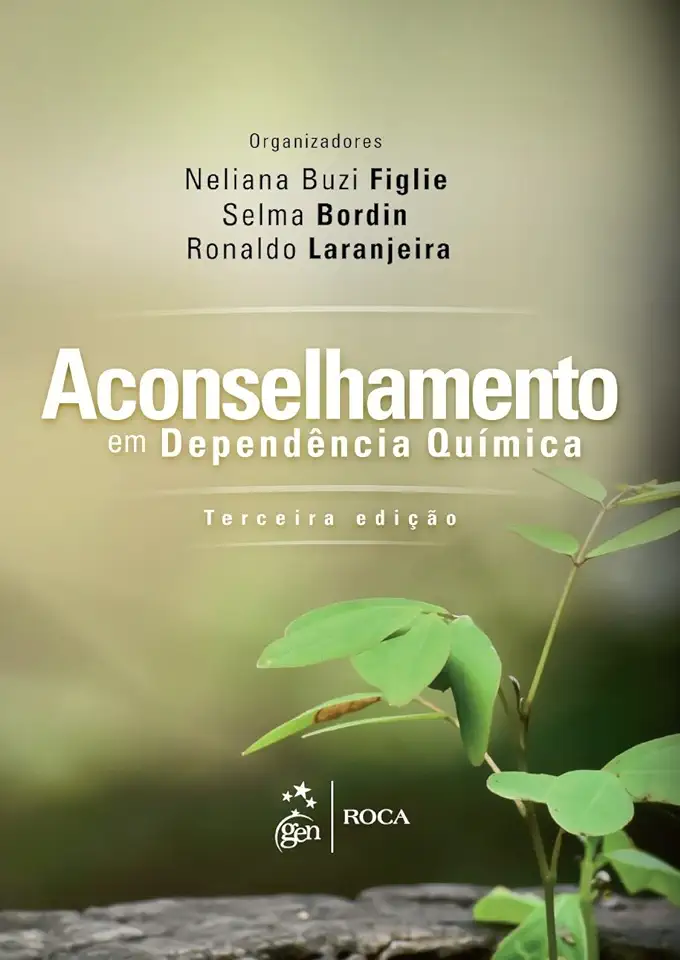
Chemical Dependency Counseling - Neliana Buzi Figlie
Chemical Dependency Counseling: A Comprehensive Guide for Helping Professionals
Introduction
Chemical dependency counseling is a specialized field that requires a deep understanding of the complex issues surrounding addiction. This comprehensive guide provides a wealth of knowledge and practical strategies to help professionals effectively support individuals struggling with chemical dependency.
Understanding Chemical Dependency
The book begins by exploring the nature of chemical dependency, including its definition, causes, and consequences. It delves into the various types of addictive substances, their effects on the brain and body, and the psychological and social factors that contribute to addiction.
Assessment and Diagnosis
Accurate assessment and diagnosis are crucial for developing effective treatment plans. This section covers various assessment tools and techniques, including interviews, questionnaires, and physical examinations. It also discusses the importance of differential diagnosis to rule out other underlying medical or psychiatric conditions.
Treatment Approaches
The book presents a range of evidence-based treatment approaches for chemical dependency, including cognitive-behavioral therapy, motivational interviewing, family therapy, and group therapy. Each approach is described in detail, along with its theoretical underpinnings and practical applications.
Relapse Prevention
Relapse is a common challenge in addiction recovery. This section provides strategies for relapse prevention, including identifying triggers, developing coping mechanisms, and building a support network. It emphasizes the importance of ongoing monitoring and support to sustain long-term recovery.
Special Populations
The book recognizes that certain populations may have unique needs and challenges in addiction recovery. It dedicates chapters to addressing chemical dependency among adolescents, women, older adults, and individuals with co-occurring mental health disorders.
Ethical and Legal Considerations
Ethical and legal considerations are essential in chemical dependency counseling. This section covers topics such as confidentiality, informed consent, dual relationships, and reporting requirements. It provides guidance on navigating these complex issues to ensure ethical and responsible practice.
Cultural Competence
Cultural competence is crucial for effective counseling across diverse populations. This section explores the impact of cultural factors on addiction and recovery, and provides strategies for culturally sensitive counseling practices.
Case Studies and Real-Life Examples
Throughout the book, real-life case studies and examples illustrate the concepts and techniques discussed. These case studies bring the material to life and help readers apply the knowledge to real-world situations.
Conclusion
Chemical Dependency Counseling is an invaluable resource for mental health professionals, counselors, social workers, and other helping professionals who work with individuals struggling with chemical dependency. Its comprehensive coverage, practical strategies, and emphasis on ethical and culturally competent practice make it a must-have guide for anyone dedicated to helping individuals overcome addiction and achieve lasting recovery.